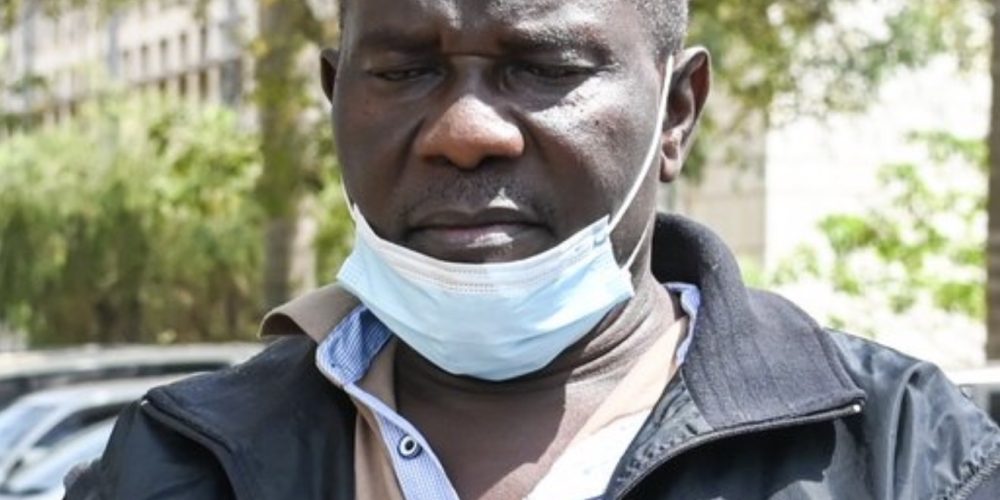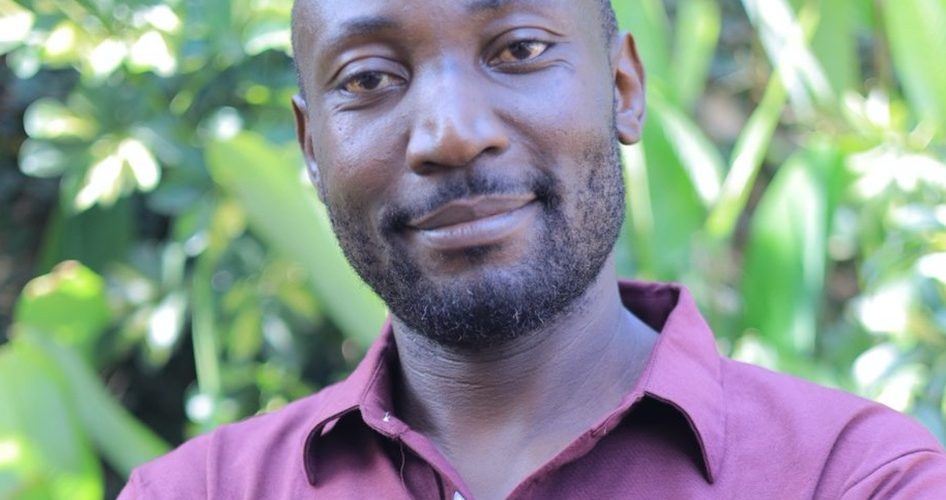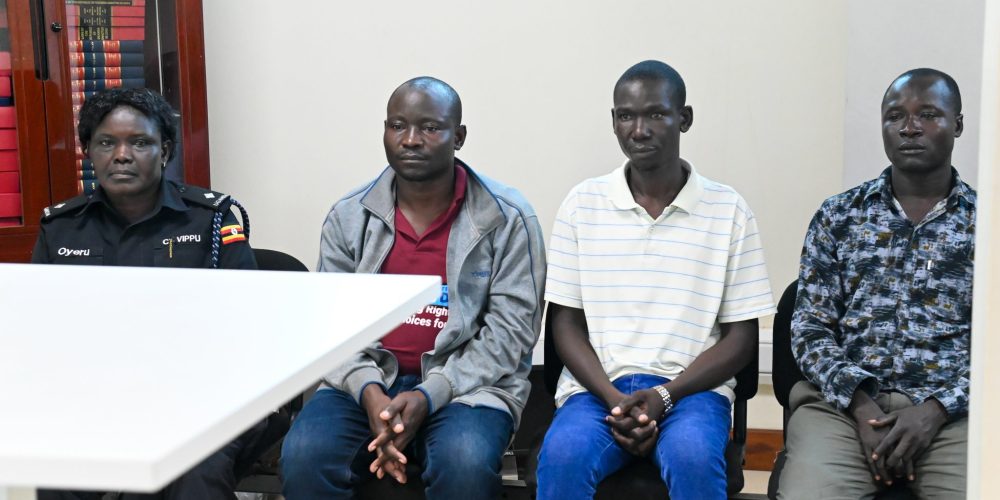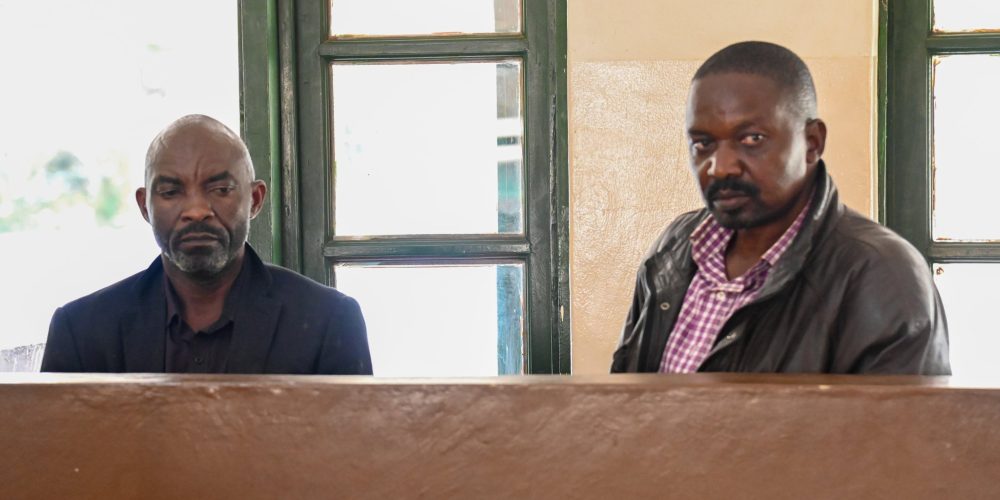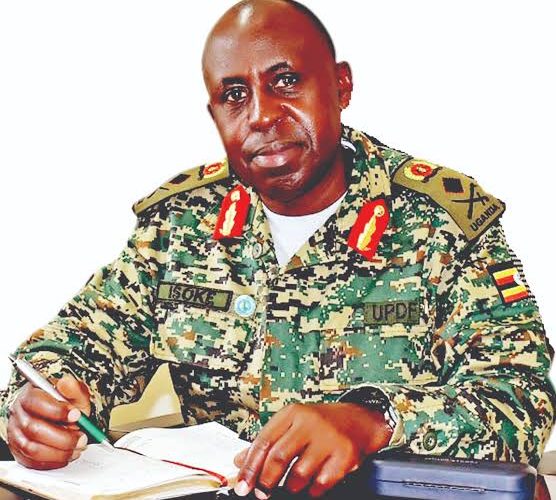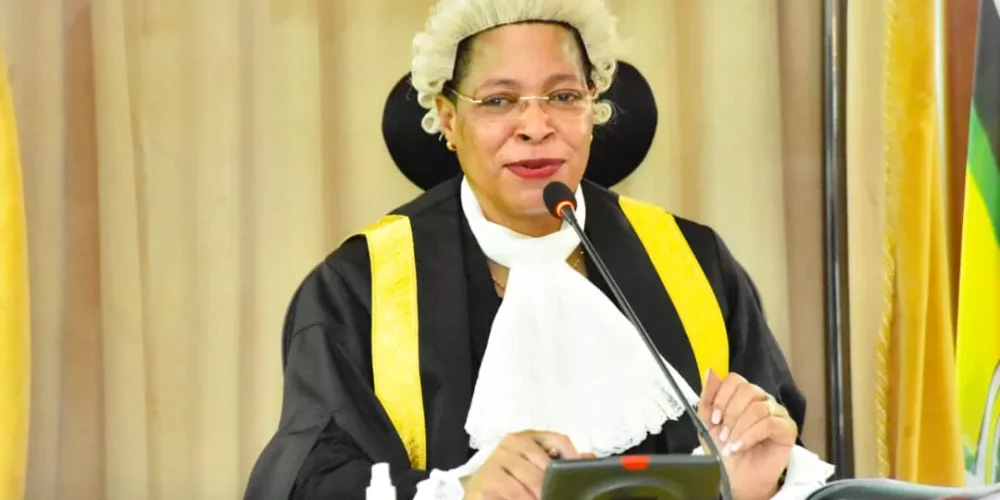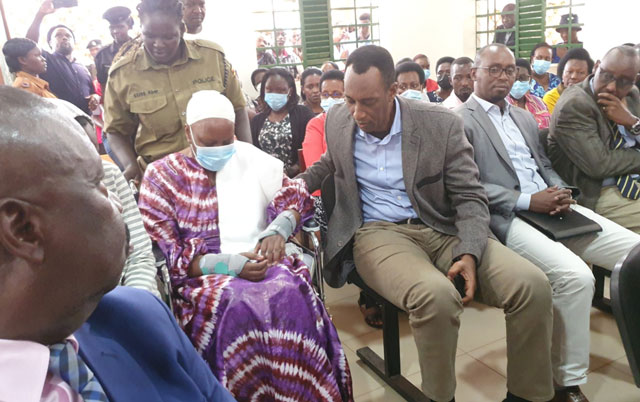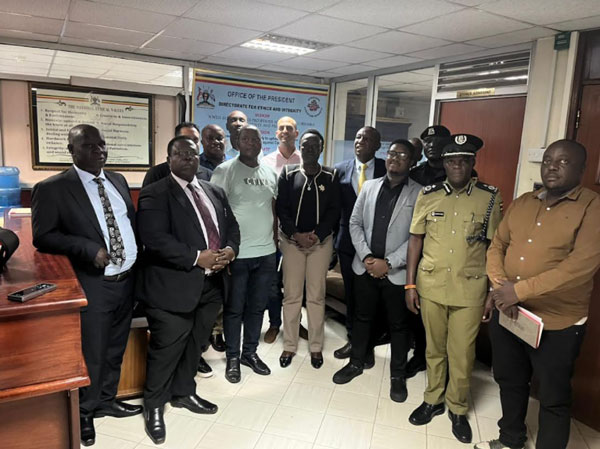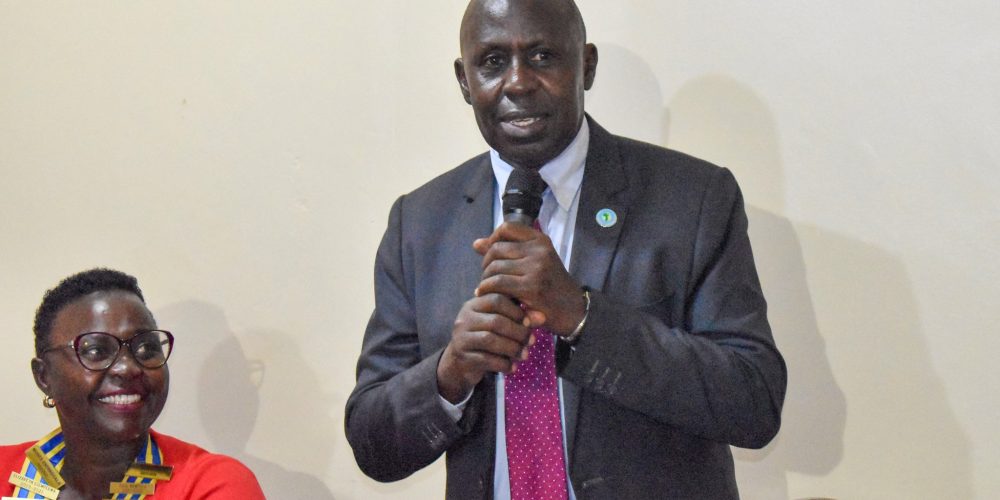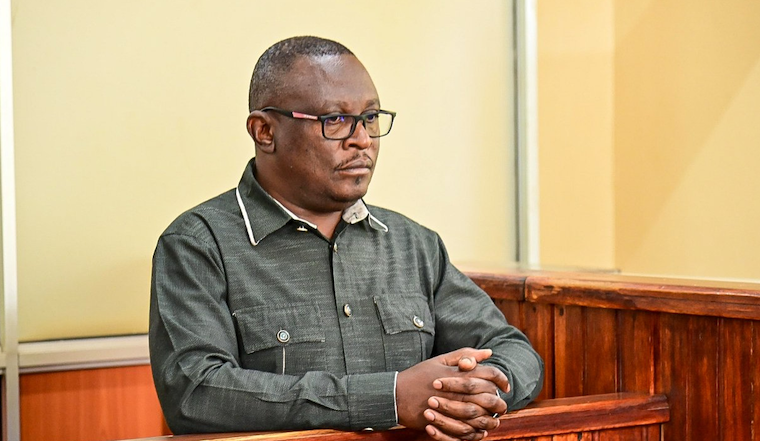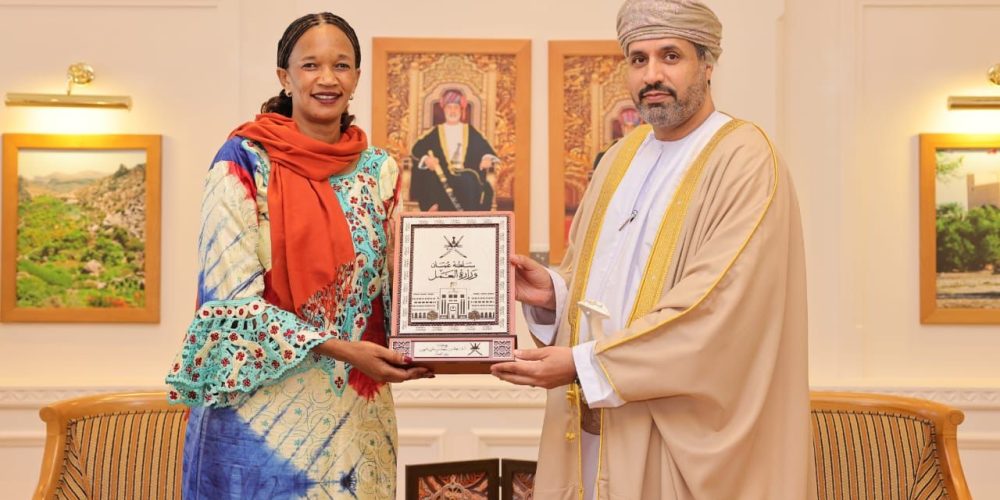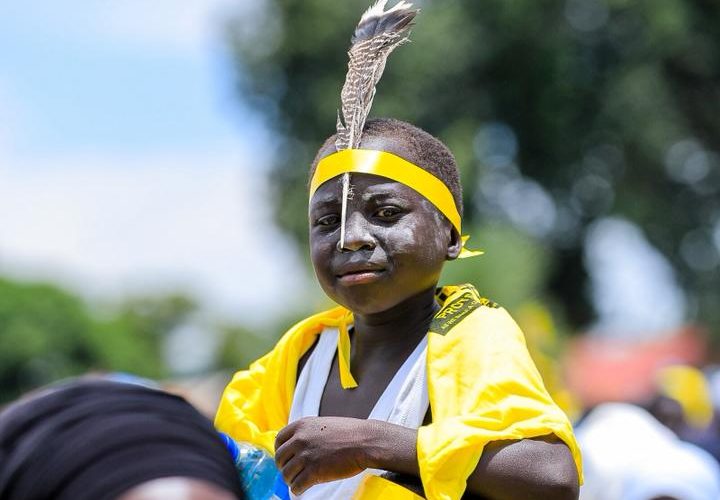Religion: An institution used by dictatorship to massage despotism
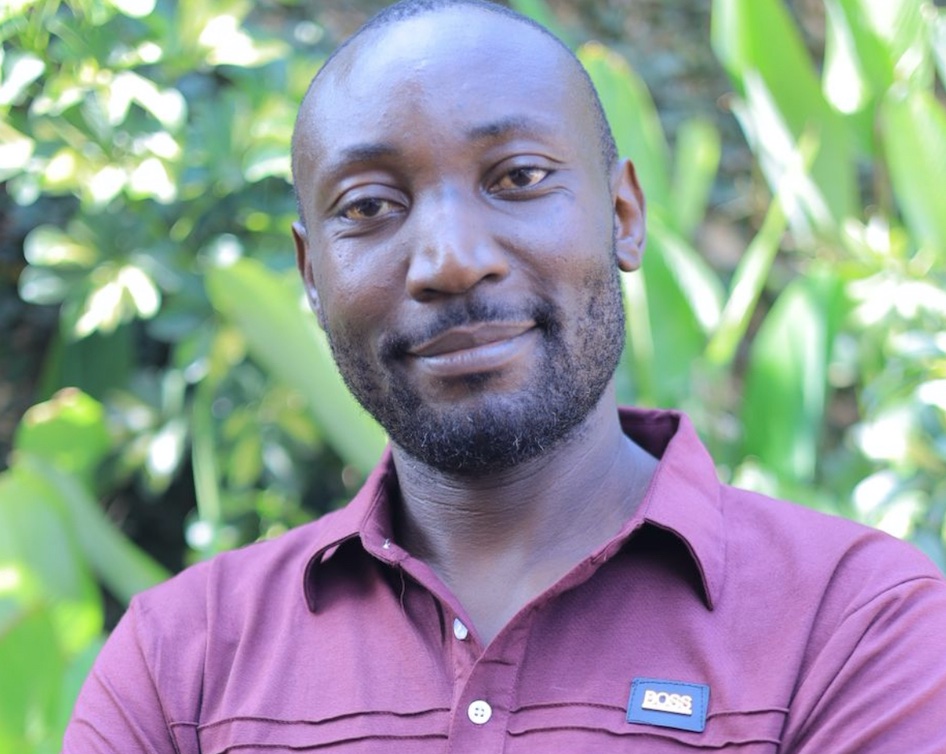
By RICHARD KIZZA LUGOBWA
LONDON: Religion and politics have since time immemorial been intertwined institutions as both thrive on systems of beliefs, values and practices which shape people’s lives and attitude, and guide collective action.
Molarity takes center stage in religious teachings which as well is one of the strongest pillars in politics. Religious ideologies shape political movements, religious leaders influence political decisions, and political actors often use religious rhetoric to amass support which aids their firm grip to power.
Mahatma Gandhi once said that “those who believe religion and politics aren’t connected don’t understand either”.
Uganda’s case has not been any different. Since independence, politicians have explicitly showed inclination to religious factions directly or indirectly as a way to capture and keep power.
Napoleon Bonaparte was once quoted saying, “Religion is excellent stuff for keeping common people quiet”. However, the reverse is true.
Religious leaders who support government are seen as darlings to the powers that be and those that condemn dictatorship, abuse of human rights and oppression of the weak are seen as enemies and have faced serious consequences.
A notable example is Archbishop Janan Luwum, the Provincial Secretary of the Church of Uganda, Rwanda, Burundi and Boga-Zaire. Luwum boldly spoke against Idi Amin’s repressive rule and in 1977, he delivered a protest to Amin against all acts of violence that were allegedly the work of the security services.
Not long after this, he was taken away and murdered.
Museveni, whose administration as president took advantage of the mistakes of the previous governments, in 2016 declared the 16th of February a public holiday to commemorate the death of Luwum.
The political intention of Museveni’s move was to keep Amin’s brutality and intolerance alive among Ugandans forever, portraying himself as a tolerant leader to his critics.
In spite of this, Museveni’s leadership is characterized by persecution of religious leaders who disagree with him and those who he thinks pose a threat to his leadership. Since the 90s, the Muslim community have faced the greatest persecution. They have generally been regarded as terrorists and for the past two decades, thousands of Muslims have been arrested over charges of terrorism and treason.
To break the spine of the Muslim community, the Museveni administration sided and gave protection to the Mufti of Uganda, Shaban Ramadhan Mubaje who his subjects accused to abuse of office, corruption and acting contrary to the Islamic faith.
Despite numerous trials to have him stand down, the government has protected him. This has made him servant to the regime and has on several occasions warned fellow Muslims against coitizing the government.
Similarly, the government continues to keep the Anlican, Catholic, Orthodox and other religious clerics under close watch and comprise. Many religious leaders look up to the president for financial support and the president has exploited the opportunity to order them around.
Nevertheless, there has been significant criticism from religious leaders such as Bishop John Baptist Kaggwa (RIP), Archbishop Yona Lwanga (RIP) and Archbishop Cyprian Kizito Lwanga (RIP) among others. Criticism by religious leaders has sparked conflict between church and the state.
The shocking fact, however is the sudden death that religious leaders who condemn Museveni’s repressive rule have suffered.
Museveni has also tapped into the popularity of the Pentecostal churches to which millions of Ugandans subscribe. Pastors, apostles, evangelists and prophets have become conduits and shock absorbers to government brutality and failure to do the bare minimum for citizens.
Pentecostal preachers have to a greater extent succeeded in derailing and diverting people’s attention from what the government has failed to do in terms of employment, infrastructure, health among others to convincing them that all these are acts of Satan.
This is allegedly because many of these churches operate dubiously so they get state protection. As such, people have diverted the energy they would have used to demand for their rights, to fighting Satan.
This situation has brought about complacence and tolerance to the status quo hence extending Museveni rule.Critics have argued that Museveni’s move to commemorate Janan Luwum’s death is to keep current religious leaders in memory that what happened to Luwum is not far from them if they act the way he did.
The writer is an advocate for democracy and justice through the arts and other platforms
Email: richardlk63@gmail.com
Tel: +447551178304















